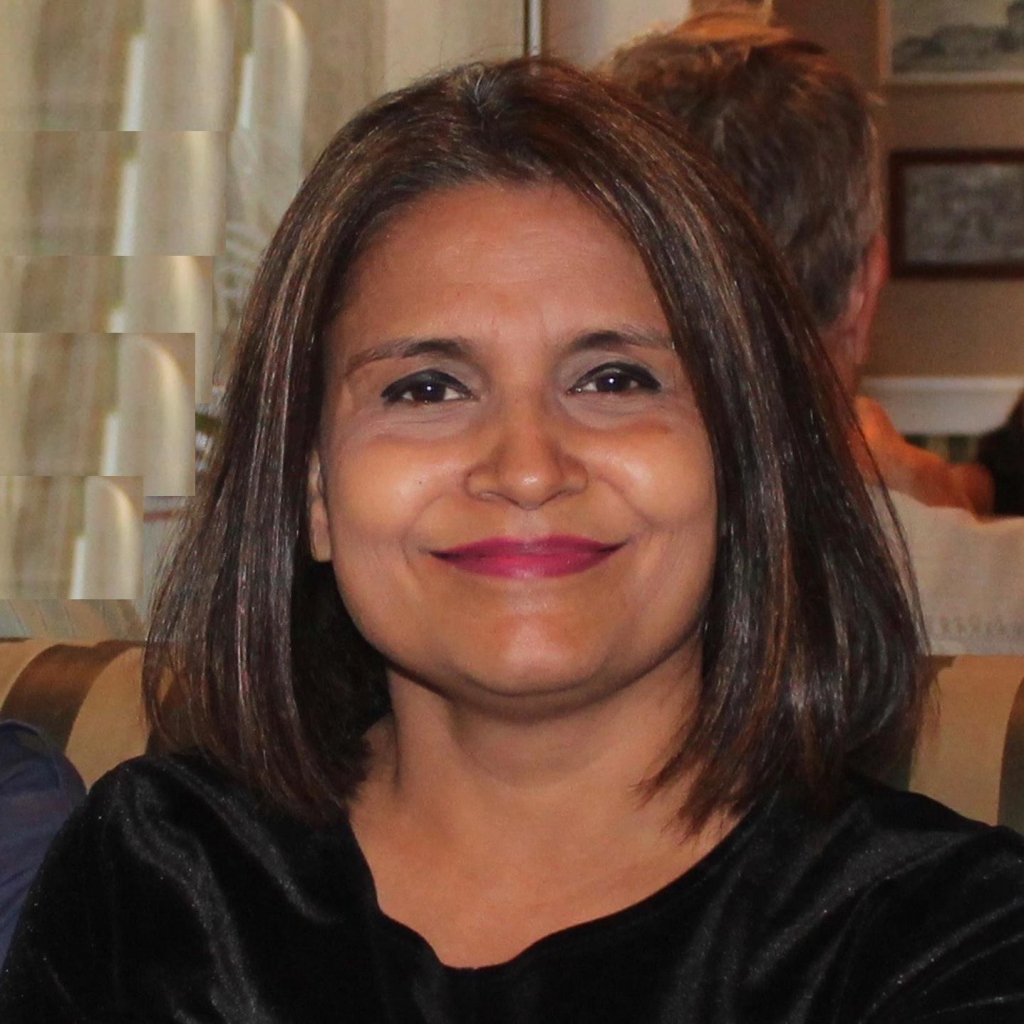We spoke to Dr. Wajiha Raza Rizvi, an accomplished academic, about her Fulbright experience, passion for research, directorship of the Film Museum Society, and so much more…
Dr. Rizvi, thanks for doing this! To start off, can you give us a brief academic/professional biography?
I drew well as a child and could do life drawings at ten years of age without any formal education. So naturally, I went to the National College of Arts (NCA), where I topped my class. After NCA, I worked in the advertising sector for five years. Before attending Oklahoma State University (OSU) on a Fulbright scholarship from 2006 to 2007, I had completed a one-year course on television production and a master’s in television documentary from the United Kingdom.
What led you to apply for the Fulbright Program?
You see, the scholarship committee wants diversity in applications – they want more than just men in science and technology fields. They look for Pakistanis from the public and private sectors, including artists and intellectuals. At that time, I was working to establish the Department of Film & Television at NCA. I wished to collect film archives and conduct research. It was a tedious process but I put in the work. This is when I realized we needed more academics, not just film professionals and technicians, to teach students… and this led me to apply for the Fulbright scholarship and pursue film research. The British taught me filmmaking. The Americans taught me what I am known for, my research work and publications.
Tell us about your experience as a graduate student at OSU.
It was wonderful. OSU offers intensive programs, and I cannot think of a better system of education. The faculty pays close attention to each student’s needs. They realized I had returned to university after a decade’s gap and the teaching and learning methodologies had changed. So, without hesitation, they worked with me to improve my writing skills. I was immediately handed over to Rebecca Damron, director of the writing center at OSU, and she shaped my writing skills. She taught me how to identify conceptual gaps, discuss texts, and pay attention to the citation style. Rebecca really went the extra mile: one-on-one teaching in 4-hour blocks, twice a week. She even babysat my daughter for a full day when I had to take an exam! The memory of this relationship will last forever.
As the director of the Film Museum Society, you’re involved in some really cool work. Tell us more about that.
I began collecting Pakistani film archives for research since I returned from America. I also collated information on ten different archivists. Some of them had large collections, some even had negatives from the black and white era. I believe that if the government takes the initiative to gather all these archives in one place, we will have a near complete history of Pakistani films. We have so lost much of our film history. I’d be so happy if we could find Fakharunnisa Channa’s Malakhro (1993) for public screening, or for understanding the history of Pakistani women producers and directors. Mahmood Mughal did not find it despite his attempt to delve into the complete history of Sindhi films for Oxford University Press.
What are you working on at the moment?
I am the dean of Faculty of Media Sciences at Iqra University. It has five campuses in Karachi, one in Hyderabad, and two in Islamabad. I am responsible for the media studies programs offered at all these campuses and am working on establishing linkages with the film and media fraternity, updating curricula, offering market-driven programs such as AI creative media production, animation, filmmaking, and advertising courses up to the PhD level.
Can you share a memory that stands out in your Fulbright journey?
On August 29, 2006, I arrived in Stillwater, Oklahoma, at 3:30 in the morning. Karen Sebring, the director of OSU’s international office, picked me up at the precise time she had communicated, took me to the daycare, helped me with registration and ID issuance, directed me to the graduate coordinator’s office, went with me to the accommodation office twice, dropped me at Walmart for groceries… and the list goes on. She sorted all my late arrival and settlement issues. I saw first-hand how OSU values Fulbright scholars – it was an honor to be among them.
How has your time in the United States impacted your professional/personal journey so far?
Even today, I am known for my research, and this is something I learned rigorously in the orange state. OSU developed within me a passion for research that has taken a life of its own. My research took me to International Association for Media & Communication Research (IAMCR), a body that has collaborated with UNESCO since 1959 – I have been serving as the head of their gender and communication section since 2015 and have recently been elected to lead the history section until 2029. I am also an elected member of IAMCR’s international council and work with various task forces. My research has also taken me to Africa to provide technical support on intergovernmental higher education, research and policy issues in the Global South. The U.S. Embassy in Pakistan even sponsored my film Pakistan: Education and Women and I was able to present it at the 10th annual Fulbright and Humphrey alumni conference.
Any advice for returning candidates who want to become positive agents of change like yourself?
Love, honesty, and commitment to your work will take you places. It will help you rise above all issues. Believe in yourself. Self-belief is magical. It works beyond any imagination. It took me to the UK, USA, and Norway for higher education against all odds, and I continue to do work that I love.
